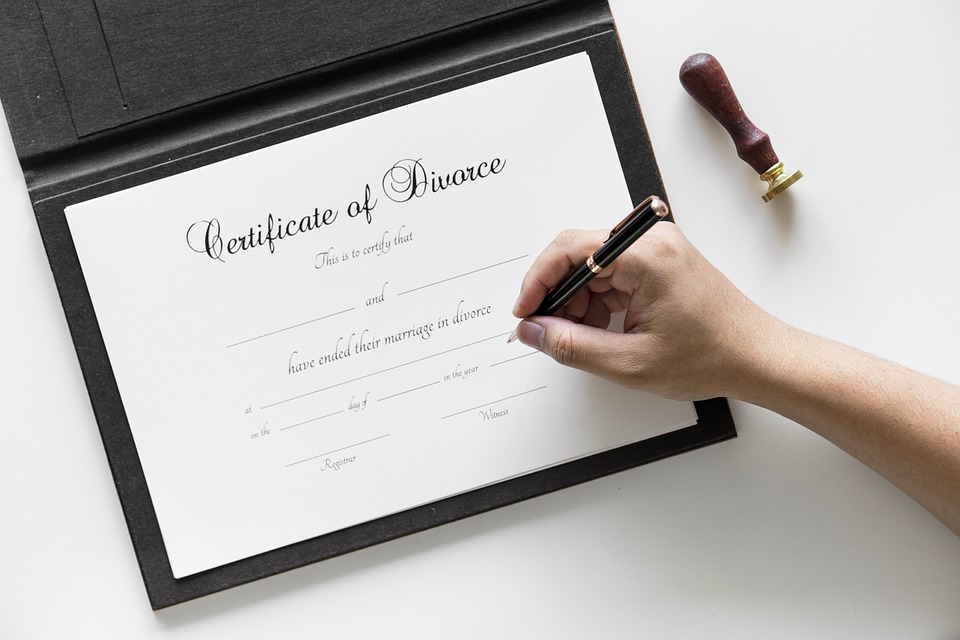An Illinois appellate court recently held that under the doctrine of judicial estoppel, a client’s statement in court that she understood and agreed to the terms of her divorce settlement did not bar the client from bringing a legal malpractice claim alleging her attorney failed to conduct adequate discovery and gave her negligent advice.
The doctrine of judicial estoppel is designed to protect the integrity of the judicial process by precluding a party from asserting a position in a judicial proceeding that is totally inconsistent with a position the party asserted in a prior judicial proceeding. In the instant case, the defendant attorney argued that the client’s testimony at the divorce settlement prove up hearing that she understood and agreed to the terms of the divorce settlement precluded the malpractice action. The Court rejected this argument finding that because the client’s testimony in the dissolution proceeding was predicated on her attorney’s negligent failure to conduct adequate discovery and the attorney’s negligent advice, the testimony in the prove-up was not inconsistent with the allegations of malpractice.
The case probably would have been decided differently if the plaintiff client had alleged in her malpractice action that she did not understand the terms of the divorce settlement; instead, it was alleged that the attorney’s malpractice prevented the client from making an informed decision as to whether to accept the divorce settlement. See, Wolfe v. Wolfe, 2007 WL 2350187 (Ill.App., Aug. 2007).


